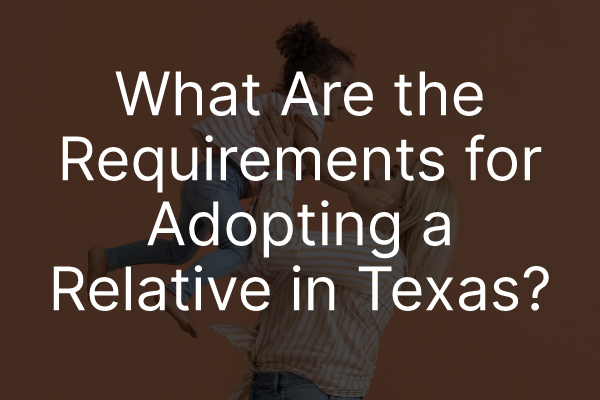Can a Custodial Parent Move our Child Out of State?
 When you share a child with an ex, navigating the troublesome waters of child custody can be hard. Whether you share custody or one parent has full custody, there may be disagreements regarding what is best for the child or children. One of the most contentious issues is whether a custodial parent can move a child out of state.
When you share a child with an ex, navigating the troublesome waters of child custody can be hard. Whether you share custody or one parent has full custody, there may be disagreements regarding what is best for the child or children. One of the most contentious issues is whether a custodial parent can move a child out of state.
Sharing custody or having visitation rights becomes quite difficult when the parents live in different cities or states. Here are the factors that determine if a custodial parent can move a shared child out of state:
Amount of Involvement in Child’s Life
In some joint custody arrangements, one parent has main custody. This is often determined by the amount of involvement that each parent has had or wants to have in a child’s life. If one parent has joint custody and other factors help their case, they may be allowed to relocate with the child. In cases where one parent only has visitation rights, permission for relocation is a lot more likely to be granted to the custodial parent.
Of course, if each parent has equal custody of the child and is equally involved in his or her life, it becomes more complicated.
Employment Opportunities
The amount of money that a parent makes often translates directly to the quality of life that a child can enjoy. Because of this, a lucrative job opportunity may have a significant influence on whether or not a custodial parent is allowed to relocate with a shared child.
The Best Interests of the Child
Custody arrangements are always determined by what is in the best interest for the child. Whether or not a parent can relocate a child is also determined by this. For relocation to be granted, it must be determined that the child’s emotional, psychological, and physical needs will be met and be benefitted by the new arrangement.
A New Marriage
If a custodial parent gets remarried, the courts may take into consideration whether the child would benefit from moving to wherever their new step-parent is located.
Proximity to Extended Family
In many cases, both parents of a child work. If neither parent can be home to watch the child at all times and they can’t afford a babysitter or daycare, one parent may opt to move closer to extended family who can help take care of the child. In this case, the courts may determine that the move is best for the welfare and development of the child.
The Preference of the Child
If the child is 12 years of age or older, the courts will consider their opinion on the matter. Whether or not the courts agree that the child’s preference is actually the best arrangement, it’s important that they listen to what the child wants.
An Agreed Upon Arrangement
Of course, if each parent agrees to the move, there’s a much higher likelihood that a judge will grant the relocation. If the parents can work out an arrangement that works well for both the parents and the child, they won’t need to engage in a lengthy court battle over the matter.
If you or the other custodial parent wishes to relocate with a shared child, contact Attorney Alison Grant. In the case that you don’t agree to the arrangement, she’ll help you prove that relocation would be detrimental to the child. Even if you and the other parent agree to the relocation, she can help you amend the custody arrangement so that no one can go back on their decision. Call her today to learn more about your custodial rights.






